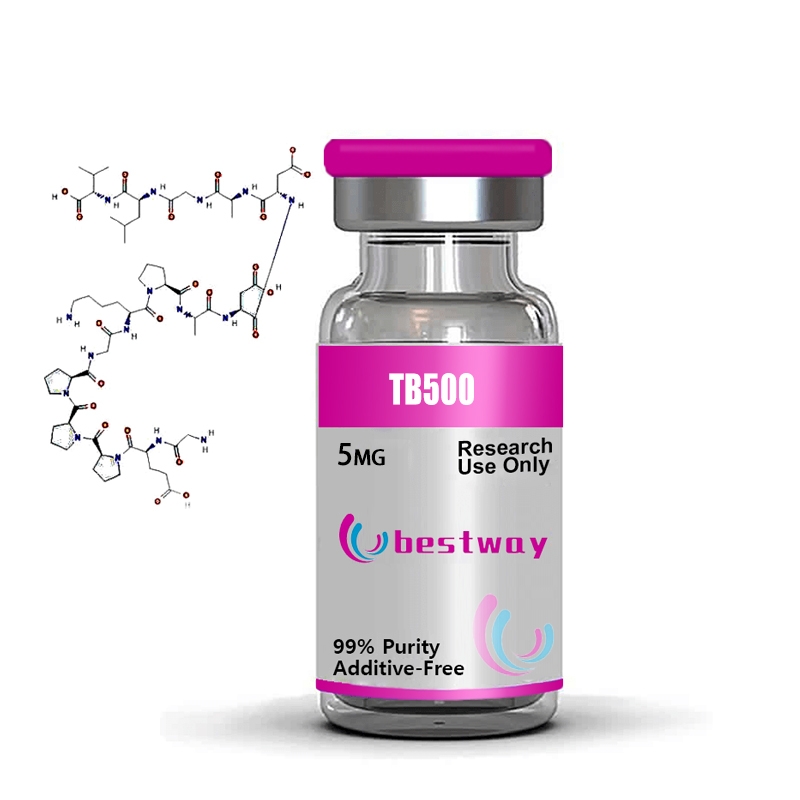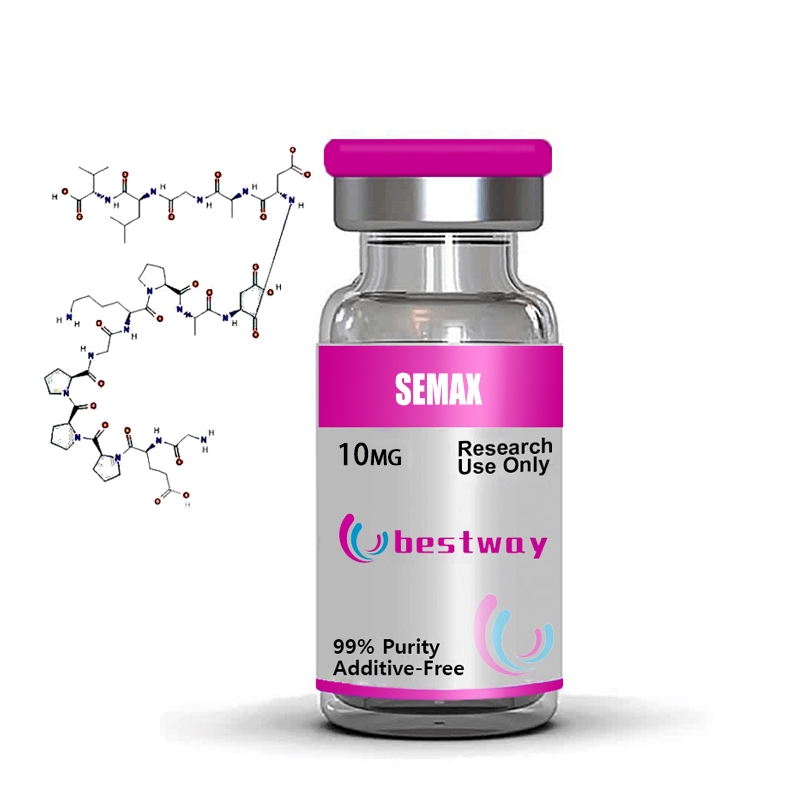-
Categories
-
Pharmaceutical Intermediates
-
Active Pharmaceutical Ingredients
-
Food Additives
- Industrial Coatings
- Agrochemicals
- Dyes and Pigments
- Surfactant
- Flavors and Fragrances
- Chemical Reagents
- Catalyst and Auxiliary
- Natural Products
- Inorganic Chemistry
-
Organic Chemistry
-
Biochemical Engineering
- Analytical Chemistry
-
Cosmetic Ingredient
- Water Treatment Chemical
-
Pharmaceutical Intermediates
Promotion
ECHEMI Mall
Wholesale
Weekly Price
Exhibition
News
-
Trade Service
Afatinib dimaleate is a chemotherapy drug that is used to treat various types of cancer, including lung cancer, gastric cancer, and colorectal cancer.
It works by inhibiting the activity of a protein called the epidermal growth factor receptor (EGFR), which is involved in cell growth and division.
By blocking the activity of this protein, afatinib dimaleate can slow or stop the growth and spread of cancer cells.
One of the most significant applications of afatinib dimaleate in the chemical industry is in the development of new cancer treatments.
As a cancer chemotherapy drug, afatinib dimaleate has the potential to be used in combination with other chemotherapy drugs or targeted therapies to enhance the effectiveness of cancer treatment.
This could lead to improved treatment outcomes and a reduced risk of cancer recurrence.
In addition to its use in cancer treatment, afatinib dimaleate has also been explored for its potential in the development of new diagnostic tools.
Researchers have been investigating the use of afatinib dimaleate as a molecular imaging agent to visualize cancer cells and track their spread in the body.
This could help to improve the accuracy of cancer diagnoses and enable more effective treatment planning.
Another application of afatinib dimaleate in the chemical industry is in the development of new drug delivery systems.
Researchers are exploring the use of nanotechnology to encapsulate afatinib dimaleate in nanoparticles, which can improve its bioavailability and reduce its toxicity.
This could lead to more effective and targeted cancer treatment with fewer side effects.
Afatinib dimaleate is also being studied for its potential in the treatment of other diseases, such as asthma and chronic obstructive pulmonary disease (COPD).
Researchers are investigating the use of afatinib dimaleate as a potential bronchodilator, which could help to relax the muscles in the airways and improve breathing.
In conclusion, afatinib dimaleate has a wide range of applications in the chemical industry, from its use in cancer treatment to the development of new diagnostic tools and drug delivery systems.
Its unique ability to inhibit the activity of the EGFR protein makes it a promising candidate for the treatment of various types of cancer, as well as other diseases such as asthma and COPD.
Further research is needed to fully explore the potential of afatinib dimaleate and to develop new and effective treatments for these diseases.







